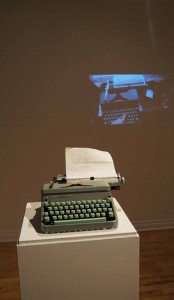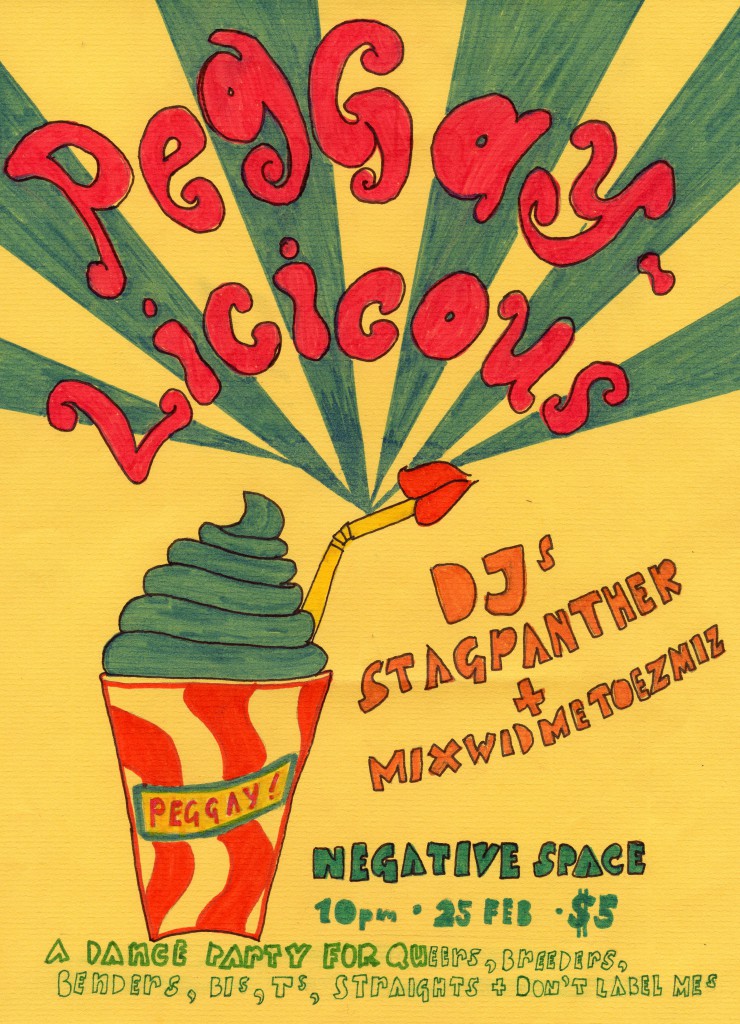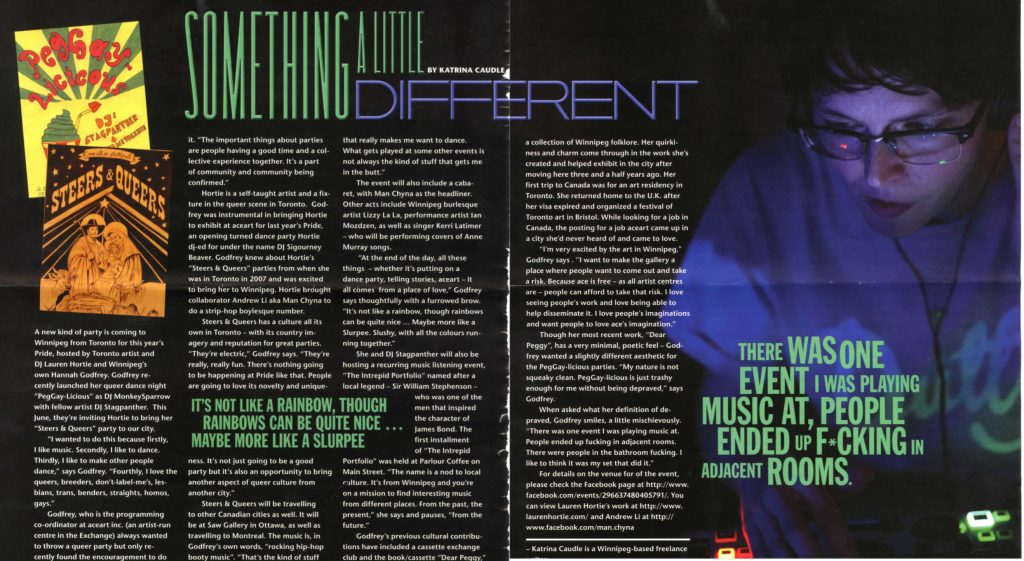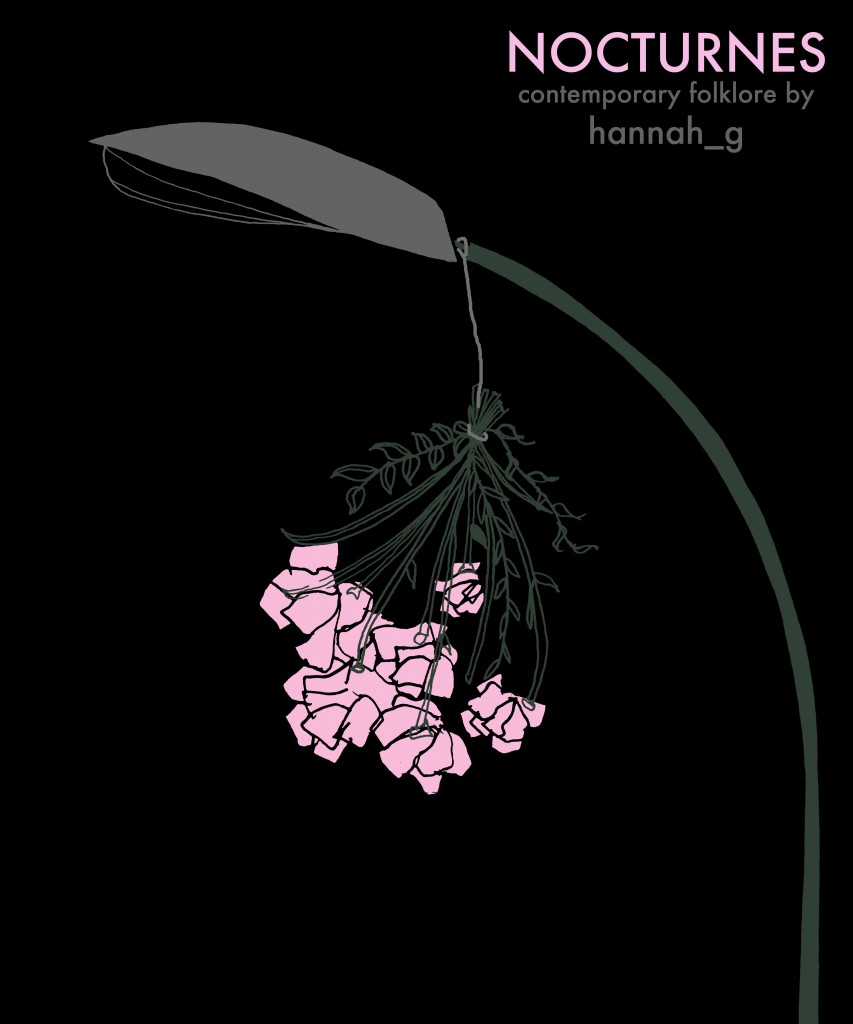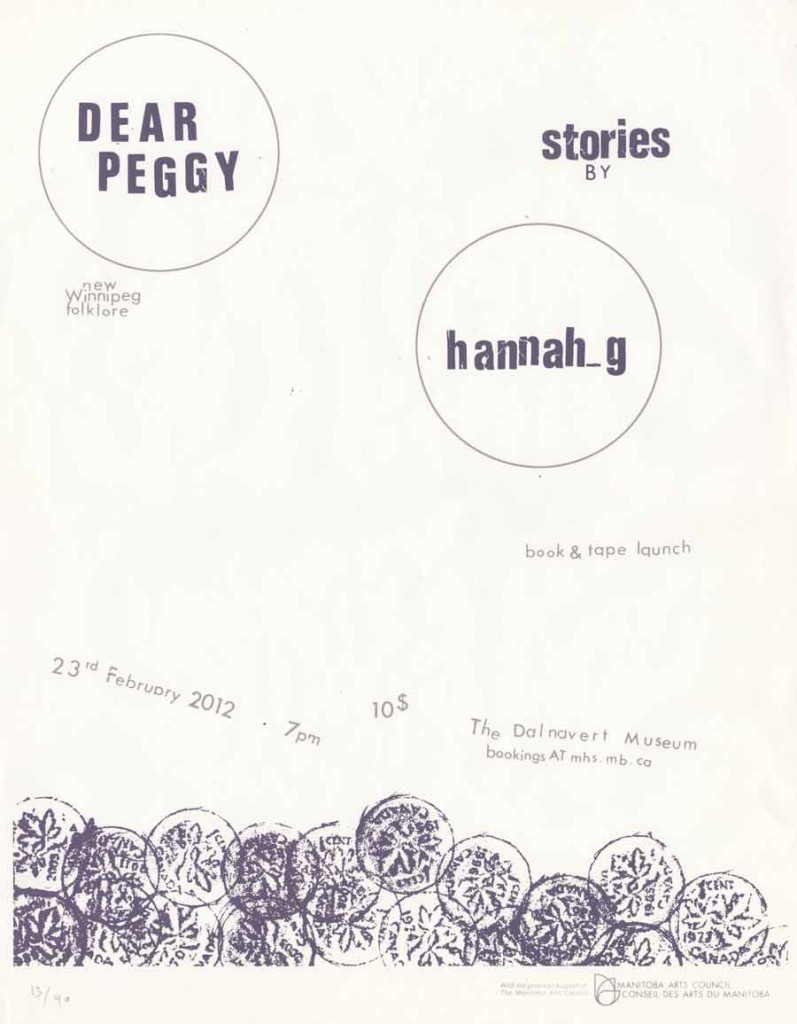Poem read over thumb piano melody.
Poem composed in Romania. Music composed and recorded by Matthieu Tillaut and Damien Tillaut in Rennes, France.
Month: July 2014
Upon Salt Islets
This is a short story that is being written one letter a day. A word can take over a week to finish and during that time the original word may have been forgotten, recalled, rejected and replaced. There are several rules I observe about marking missed days, punctuation, etc.
The interior narrative I am attempting to transcribe changes frequently, but the story may not necessarily reveal this. It is a thread of one person’s life that is not shared often despite this thread shaping much of it. I expect the story to be finished in ten to fifteen years’ time.
The story has changed innumerable times since I started it in January of 2011, though few of these changes can be perceived. My powers of recollection are unreliable, the way the narrative feels to me, and my mood when re-engaging with a sentence can change from day to day. And yet, the story is a steady drip describing a heart’s dislocation and its break; it is an exercise in memory and a slow record of its betrayals or the fleeting epiphanies it gives rise to. It is document of despair and of hope.
Exhibited at La Maison Des Artistes Visuels Francophones
Photo: Monique LaPlante.
The Tallest Poppy Artist Residency
Paul
Previous to working at the Poppy, Paul lived on an island of his own making. He spent a winter piling snow on a remote and very wide area of the Red River- some estimate the pile reached over seven storeys. He had befriended a snow plough driver who dumped his load in the spot Paul had chosen. This driver worked in one of the dirtiest areas of the province so there was a lot of grit in the snow he collected. When the winter ended and the ice and snow melted, the grit and vast amount of dirt that had been embedded sank. It just broke the surface of the water once it settled on the river bed. Paul then added more dirt to the mound until he had created a tall island upon which he built a simple three storey house, a room on each floor. He constructed a small jetty adjacent to the island which, instead of having wooden slats utilised the trampoline he had been given as a boy. In order to reach his porch one jumped on the trampoline jetty until sufficient height was reached, whereupon a modest degree of aerialism was required to land at the front door. On summer nights Paul would practise his twists and back flips beside his home and when darkness finally fell, he would execute an elegant arc which carried him through the top window whence he would land on his bed, usually on the left hand side.
But the big city called to Paul and he left his island when the first geese passed overhead. Diners at the Poppy might notice he has a contemplative air about him and observe him staring into the distance. Perhaps he is remembering the island and the times he came close to leaping over his own home.
(more)
An extract from Chicago of the North
At the turn of the Twentieth Century, Winnipeg was filled with boozecans, tap dancers, brothels, and grudges. Here’s an extract describing those dancers and their main gig: the notorious bar which occupied the shooting range of the police station.
The second floor of the station was given over to a typing pool where row after row of young women made row after row of typewriters clack in an up-beat and mutli-rhythmic cacophony of metal, ink, and paper. None of the girls were there because they wanted to find a husband. Most of the guys in this office were on the make and, frankly, so were they. In fact, the majority of these girls were tap dancers. Winnipeg, at this time, had an insatiable appetite for tapdancing- be it chorus girls, singers, double acts: so long as there was tap, everyone was happy. Night after night of Busby-Berkley-esque numbers were performed at scores of venues and any number of restaurants had tap dancing waitresses and chefs. Every evening echoed with the Tommy Gun clatter of hundreds of polished and scuffed tap shoes. The typing pool was a good gig for a tapper since she could work on the sound of a routine via her clunky typewriter. It’s therefore no surprise that Winnipeg tappers gave some of the most aurally nuanced and complex routines in the world, and are still widely known for this. Nevertheless, these girls wanted to put their sounds to the ground and they discovered the perfect place to do this. The station’s shooting range was infrequently used since most cops used the shoes and other personal effects of Dust for target practice, which they placed on a wall across the street from the station. The range’s schedule was managed by the tap dancing clerks who had realised the potential of the room. A would-be piece of Dust managed to avoid getting swept away by laying a sprung, wooden floor for the girls and the schedule was so full of their appointments it was next to impossible for a cop to fire off a round there.
… The station, like many organisations in those days, took care of its employees’ social needs. Morale was important. Hence it wasn’t long before the potential of a room full of dancing girls was realised. The station was already the heart of the city so it made perfect sense to pump a little more blood and silver through it. The tapping typists were soon creating incredible routines to perform in this, the most notorious boozecan in the Prairies. Every Friday afternoon the women filed their paperwork then took their chairs and a few lamps down to the shooting range. Against one wall three desks were slid next to each other to create a low bar and other desks and chairs and lamps were arranged cabaret style, leaving a generous area at the back which served as the stage. The walls had dozens of nails hammered into them and from these – just on Fridays – portraits of various chiefs, mayors, police sports teams, and members of the royal family would hang. It was quite the club.
—
With thanks to PLATFORM: centre for digital + photographic arts and Aqua Books’ Emerging Writer in Residence program.
Read at: PLATFORM; The Park Theatre, as a support act for The Crooked Brothers; Aqua Books as part of the Emerging Writers Residency. All in Winnipeg.
Ultrathon, a collection of short stories
Clear Lake
A blue sky is always at a truce with a lake. They are perfect for each other but never last. One changes or get’s lost in the other; or night, like a strict uncle, puts a stop to any developments. A few nights ago you and I lay down close to my current spot. We had a row of planks supporting our bodies instead of wide ripples of water. I didn’t tell you, fearing the cliché, but I had never seen so many stars. They made me want to return to the cabin and its cosy lamps straight away. All those white pin pricks above the lake and pine tops: the quiet, ridiculous splendour. I stayed. We kept our hands in our pockets but our hips touched. You calmly accepted it all while everything beneath my skin was churning. It was touch and go if I’d manage to keep myself from throwing-up.
I just want to take you to a mountain place
His dog comes from a range of mountains which are very far away, especially from here. The breed has been carefully developed for conditions particular to high places, and this is why the dog is quite happy to live on the 27th floor of a tower block. He would like to visit the place where his dog was born. I would rather he didn’t: he might ask me to care for his dog while he is away and although I like the dog and he likes me, the highlight of being his walker are the occasional moments I see his owner. I have decided to draw the owner’s attention to the high points in his own neighbourhood and this is what occupies me and the dog during our long walks (I think the dog would also prefer his owner to stay).
…
With thanks to Aqua Books’ Emerging Writer in Residence program and the Manitoba Arts Council Deep Bay Artist Residency program.
The Intrepid Portfolio
Jazz, Afro-beat, anti-folk, new, old, bold, meek, hip-hop, cold climes, hot climes, country, Canadiana, euro, antipodean…
DJs MonkeySparrow & StagPanther.
Irregular Mondays at Parlour Coffee.
The Mata Hari Files
Hopeless disco, smokey folk, dope-hop, mouldy gold, Afro-sweet, international liasionique electronique.
DJs MonkeySparrow & StagPanther.
Irregular late afternoons/evenings at Little Sister Coffee Maker
PegGaylicious
Queer hip hop and booty tunes.
A dance party for queers, breeders, queer-breeders, lezzers, trans, poofs, benders, homos, straights, don’t-label-me’s, gays, mwswm, asexuals… in short, any body that likes to dance.
DJs MonkeySparrow & StagPanther.
Was irregularly at Negative Space. New home to be found…
Press: article from Outwords
Nocturnes
I have long been fascinated by the night lives of places and the changes that arrive with the cover of darkness: the freedom it promises, the opportunities, the things we believe can, do, and will happen. These stories marry those things to particularly Winnipeggian nocturnal goings on…
This project was generously supported by the City of Winnipeg through the Winnipeg Arts Council. First broadcast on CKUW during October 2013. Listen to the whole project
Hear/Say Story Exchange, Winnipeg; CKUW radio, Winnipeg.
Dear Peggy
This is a collection of contemporary folklore about Winnipeg.
Why do Winnipeggers always flick two pennies into the water when crossing the Redwood Bridge? Ever heard of the Gimli Ice Dances? On which of the city’s rivers might the buttons on your jacket pop off unexpectedly?
These stories have been created in response to some of the places, people, and objects happened upon in this strange Prairie city and its environs. Melancholy, absurd, credible, and wry: the stories reflect the character of a city one comes to love despite oneself.
https://hannah-g.bandcamp.com/album/dear-peggy-winnipeg-folklore
Made with the generous support of the Manitoba Arts Council.
Publication
See Tanaby.com for the limited edition artist book.
Peformances
Queerlore, Genderfest, Winnipeg ; Microcosm, Cube Microplex, Bristol UK; Opening act for Rae Spoon’s book launch, Winnipeg; Reel Pride Festival, Winnipeg launch night; Circus of Objects, Plug In ICA; The Dalnavert Museum, Winnipeg; CBC Winnipeg Comedy Festival.
